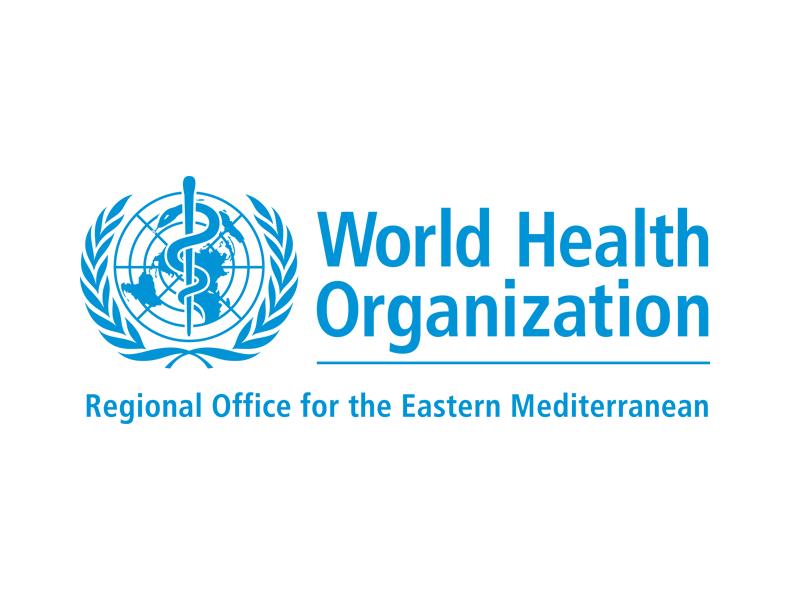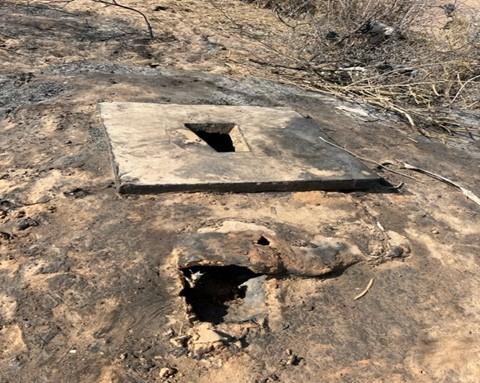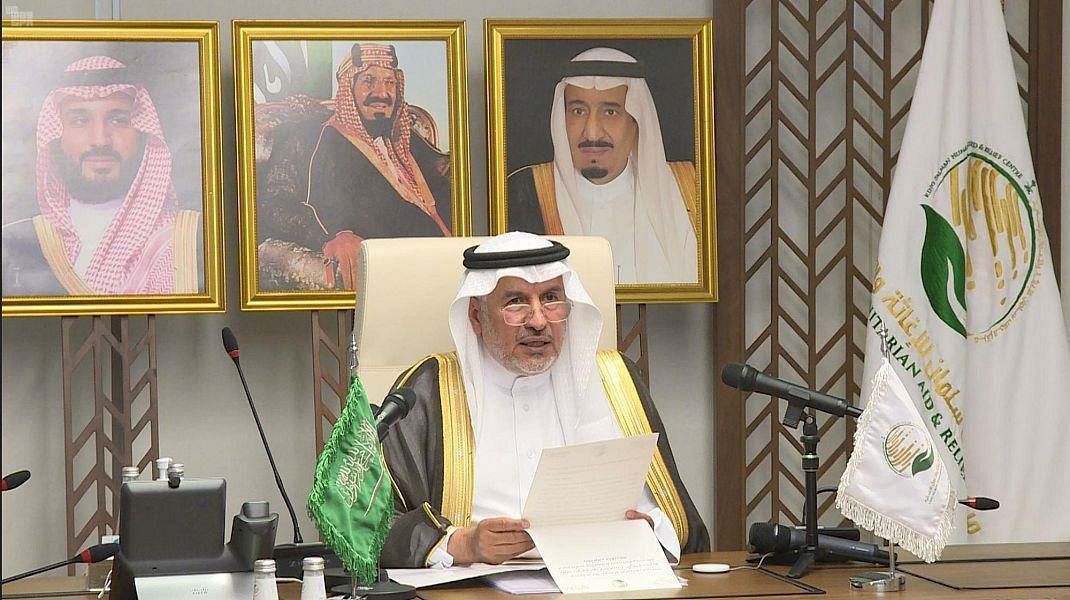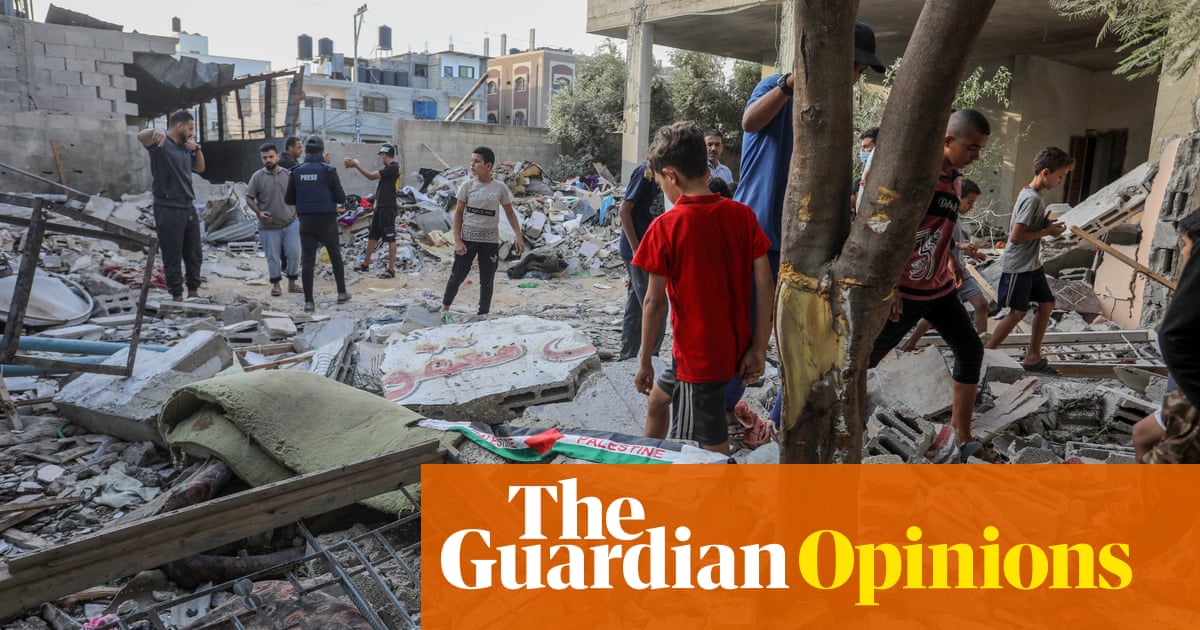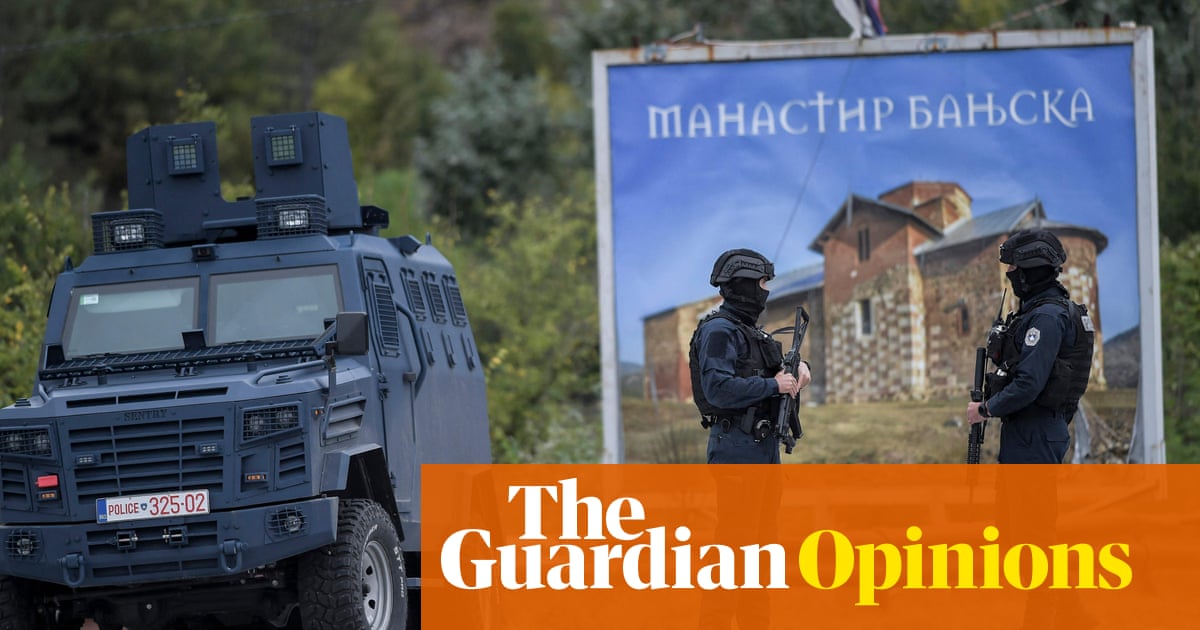
20 December 2022 – A recent wave of conflict between two rival camps in Sudan’s Blue Nile State – Hausa and Fonj-Hamaj – has reportedly led to 300 people killed and another 236 injured since 13 October 2022. Along with limiting access to health facilities, this precarious situation has also resulted in the cessation of farming, trade, and daily activities, as well as the displacement of 71,406 individuals, who fled their homes to adjacent shelter camps for internally displaced populations (IDPs). WHO was among the first respondents to the health emergencies resulting from the escalation of violence.
Along with handing the State Ministry of Health (SMOH) trauma and emergency surgery kits (TESK) for 300 major interventions, and interagency emergency health kits (IEHK) to cover the basic health needs of 30 000 IDPs for 3 months, WHO also deployed a team of emergency medical specialists to Damazine main hospital, which receives a high burden of injuries on daily basis.
Since October 2022, WHO has also been supporting the operational costs of 4 mobile clinics in several of the state’s towns – notably in Wd Elmahi and Gaisan localities – as well as organizing training on mass casualty management for the Damazine Hospital medical staff.
“A team from WHO’s Emergency Response Program was deployed to assess more populous IDP camps (Alqasam and Abo Alfayd in Damazine; Omer Al Mokhtar, Nusaiba Bint Kaab and Hanim Rizq in Rosairis), identify critical gaps, and provide technical support to the State Ministry of Health and IDPs with needed interventions. The organization has also led the health cluster in daily Emergency Operation Center meetings to coordinate an efficient response,” said Dr Ni’ma Saeed Abid, WHO Representative in Sudan.
While food is secured through WFP -- who donated seeds, grain, sugar, wheat, and oil to most camps -- drugs, vaccinations, and medical supplies are secured by WHO to cover the next 3 months.
Beside maintaining active surveillance for outbreak-potential diseases, WHO is developing a plan to support WASH activities in the IDPs gathering areas. Further needs of the IDP camps include protection and security, as individuals from both ethnicities reside unguarded with no physical barriers to protect against attack. As no schooling activity was observed in any camp, the schooling of children is also a high-priority need. Another urgent need is the increase of toilets and latrines, along with hygiene and community awareness. While water is secured in all camps, mostly through the city network which does not require monitoring, Omer Al Mokhtar camp needs chlorination and monitoring since its water source is a tanker filled on daily basis.
WHO and partner UN agencies, along with INGOs and NGOs, are working closely with counterpart state ministries to secure improved living conditions for the IDPs and initiate peace agreements across the region.
Caption:
WHO team conducting interviews with IDPs to assess needs and gaps at Alqasam IDP Camp, Damazine locality, Blue Nile State, Sudan. 6 November 2022 @WHO




